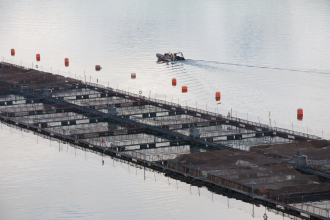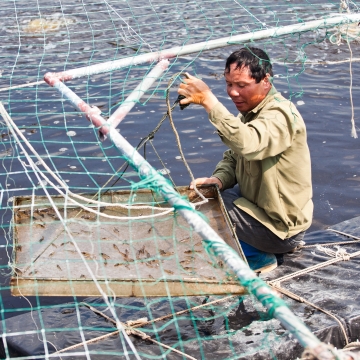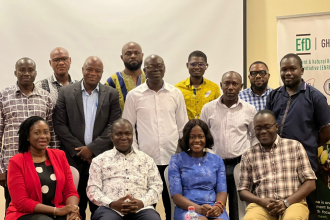In low-income food-deficit coastal countries, fish forms a critical source of animal protein. Yet, capture fisheries, which provide fish protein to the local populations, are typically overcapitalized and exhibit classical signs of biological overfishing, threatening the livelihoods of communities. With the high and increasing fishing pressure, the rate of stock depletion may continue to intensify, thereby tilting households’ preferences towards consumption of other types of animal protein depending on whether (or not) they have strong preferences for those types of protein.




